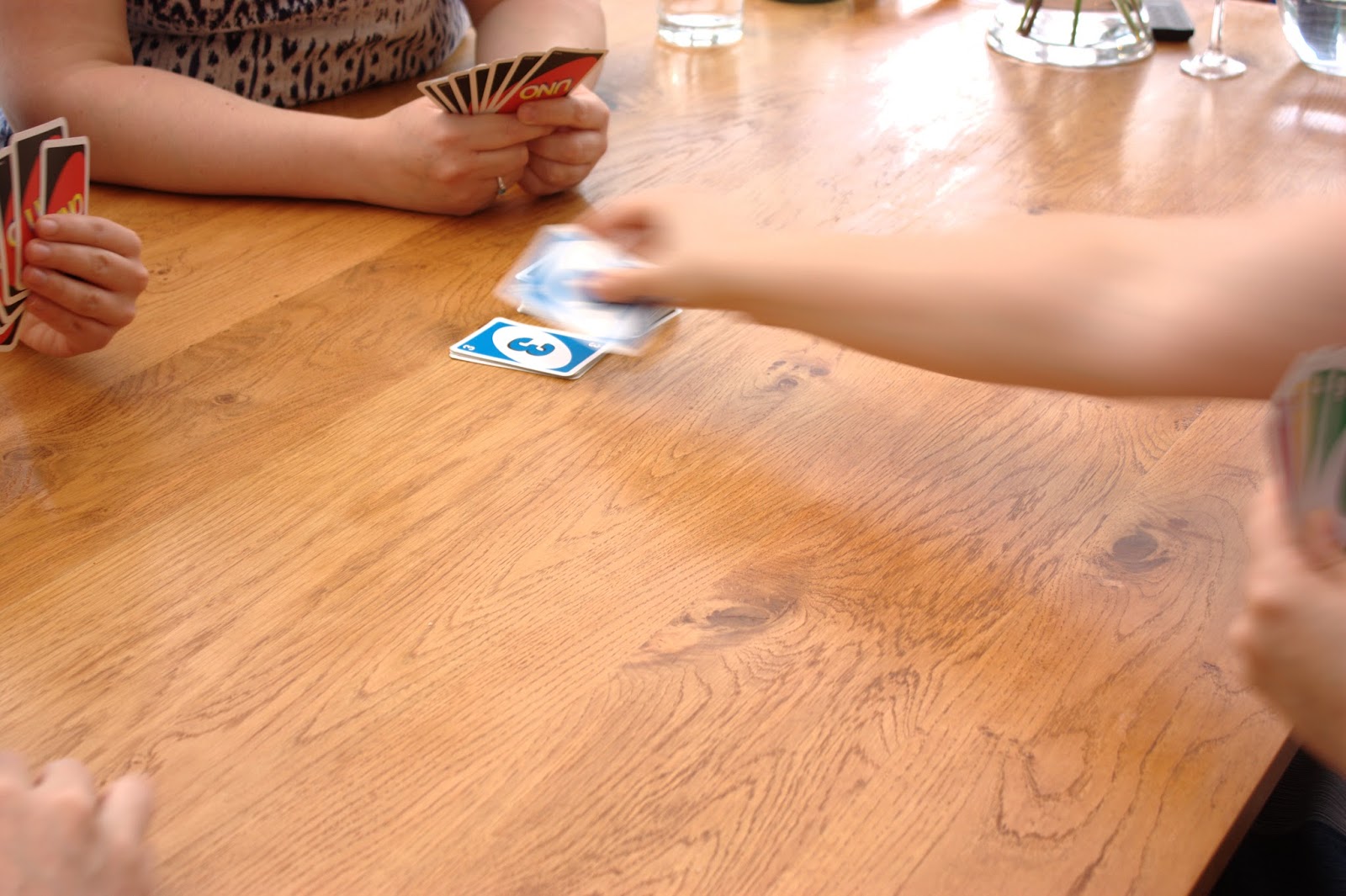This year we're sharing with you our game of the month. These are all favourites from our collection, or ones we play with our friends.
December's game is Best of British.
Time for the final game in this years collection, and its a good'un. You may have noticed a lack of trivia games in these posts - time now to correct that. Over the years we've had many a fun evening playing Trivial Pursuit, Dingbats, Who Wants To Be A Millionaire and Bezzerwizzer, but the one in our current collection that we've played most is this one. Best of British.
Part of the same family of games as the Logo Game, Best of British is a nice gentle quiz all about the things that make this group of islands a fine place to live. You might get questions on anything from cream teas to Coronation Street, from breeds of cow to people called John, from castles to things that are pink. It's the huge range of questions that makes this one a game that can be enjoyed by a large range of people.
Questions come in groups of four on a theme and the game comes with a randomly multicoloured board. Each question is coloured and if you answer correctly you jump to the next square of that colour. Sometimes this will be a frustrating one step but you can also make huge leaps forward with just a couple of correct answers.
We'd definitely recommend this game, as I said, its a good'un.
Read More
December's game is Best of British.
Time for the final game in this years collection, and its a good'un. You may have noticed a lack of trivia games in these posts - time now to correct that. Over the years we've had many a fun evening playing Trivial Pursuit, Dingbats, Who Wants To Be A Millionaire and Bezzerwizzer, but the one in our current collection that we've played most is this one. Best of British.
Part of the same family of games as the Logo Game, Best of British is a nice gentle quiz all about the things that make this group of islands a fine place to live. You might get questions on anything from cream teas to Coronation Street, from breeds of cow to people called John, from castles to things that are pink. It's the huge range of questions that makes this one a game that can be enjoyed by a large range of people.
Questions come in groups of four on a theme and the game comes with a randomly multicoloured board. Each question is coloured and if you answer correctly you jump to the next square of that colour. Sometimes this will be a frustrating one step but you can also make huge leaps forward with just a couple of correct answers.
 |
| If blue gets their next red question correct they'll move six squares, the red person on the other hand only gets to move one. |
We'd definitely recommend this game, as I said, its a good'un.










































